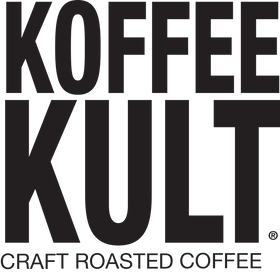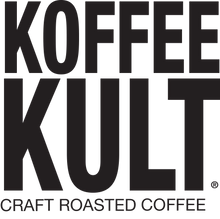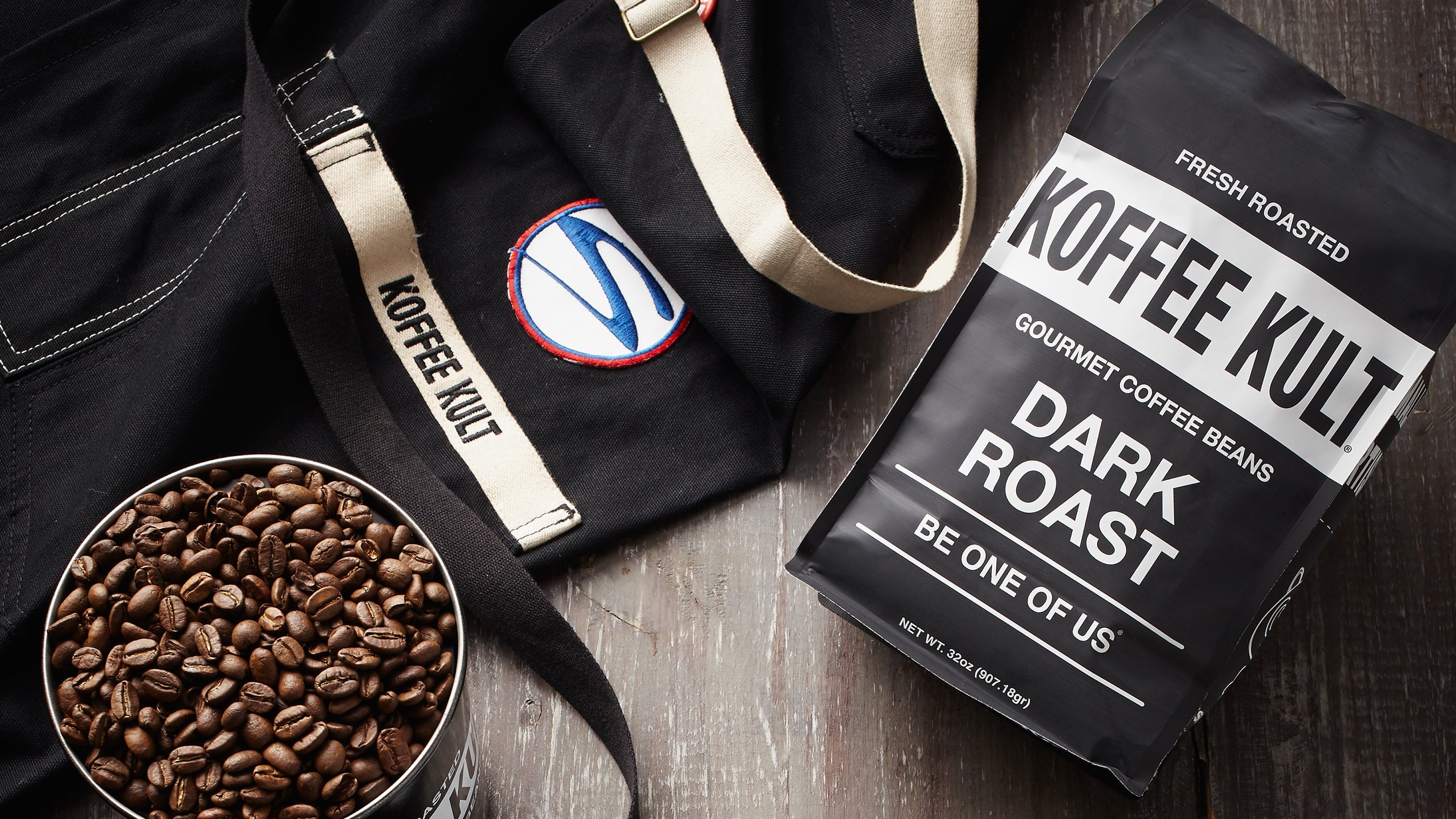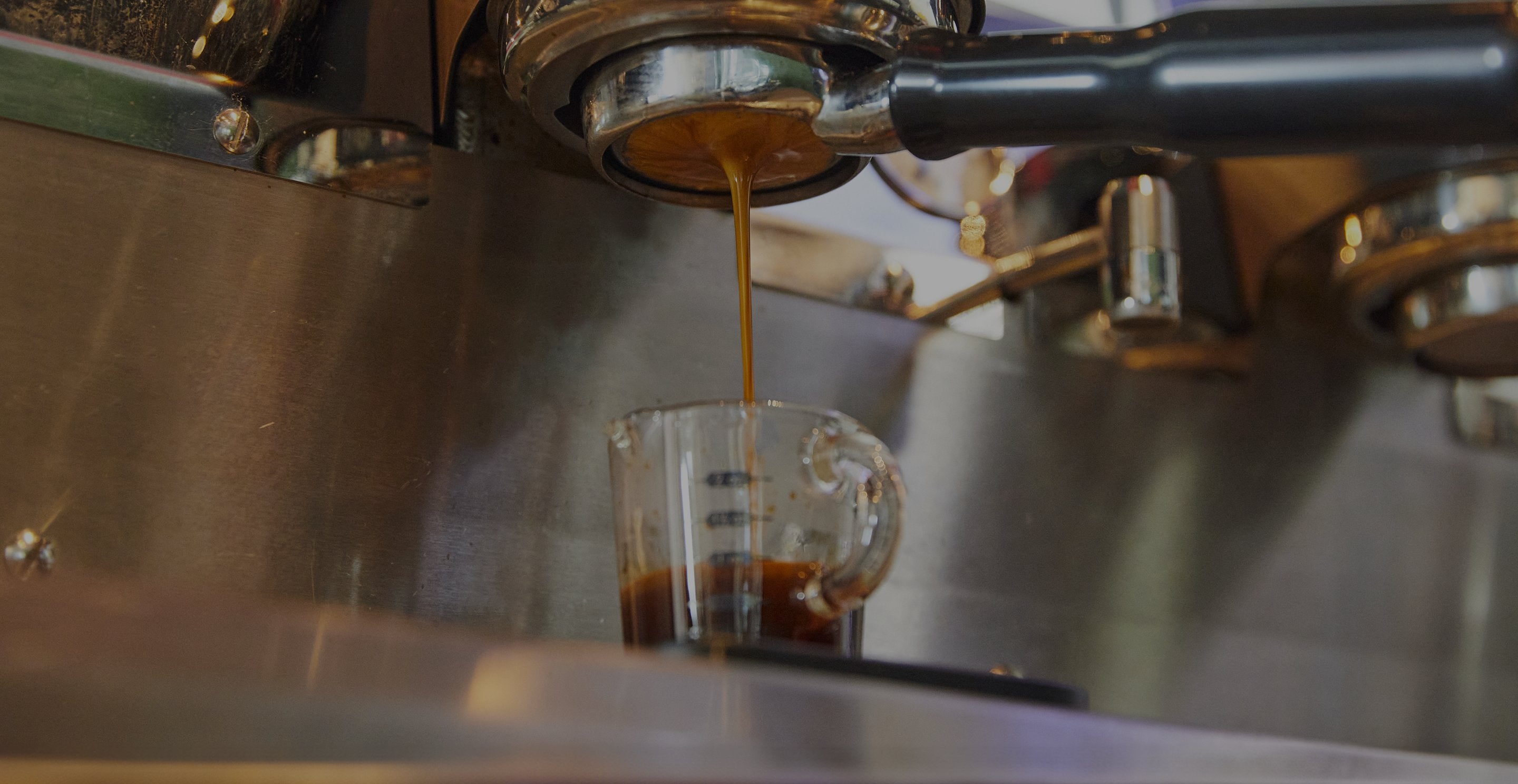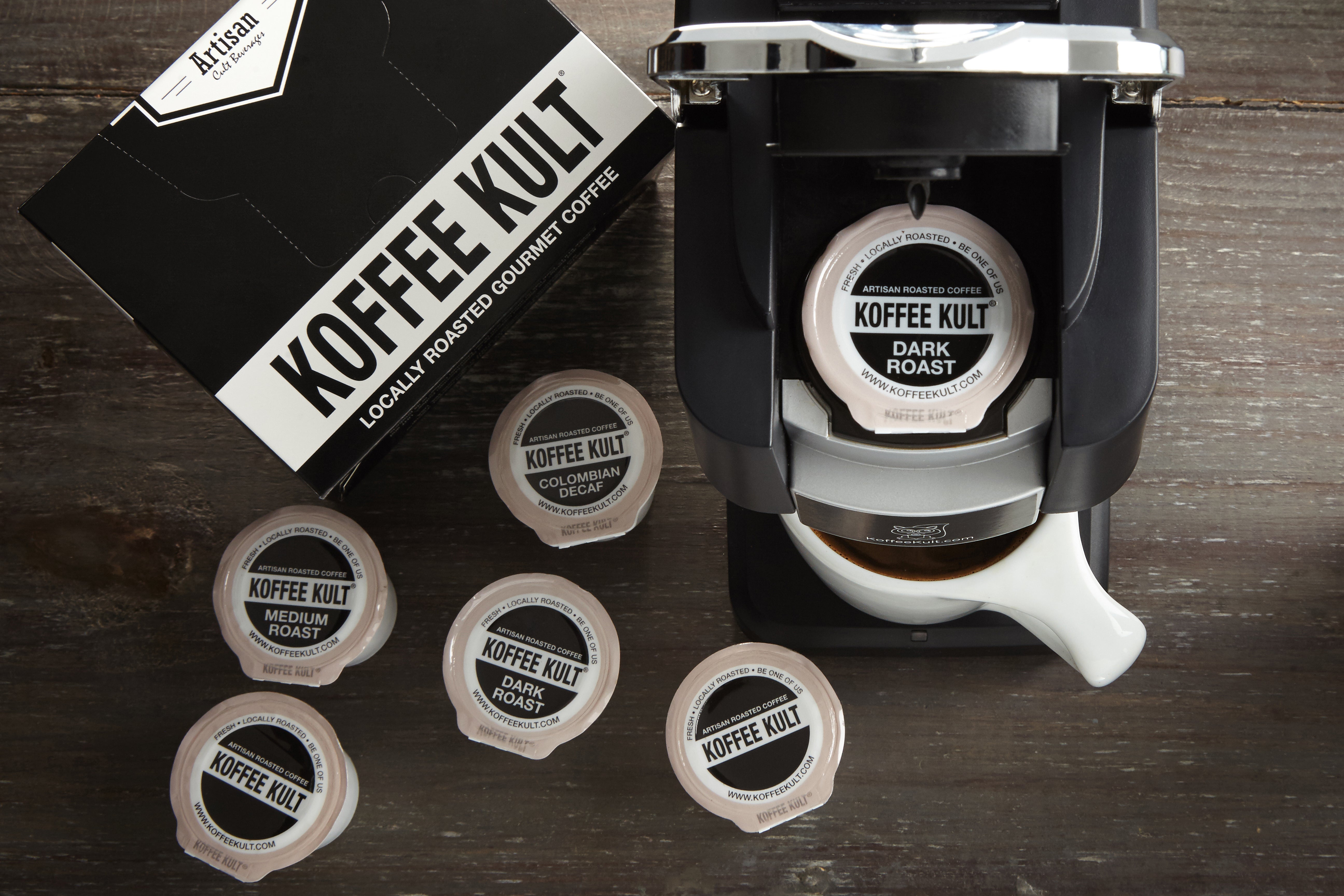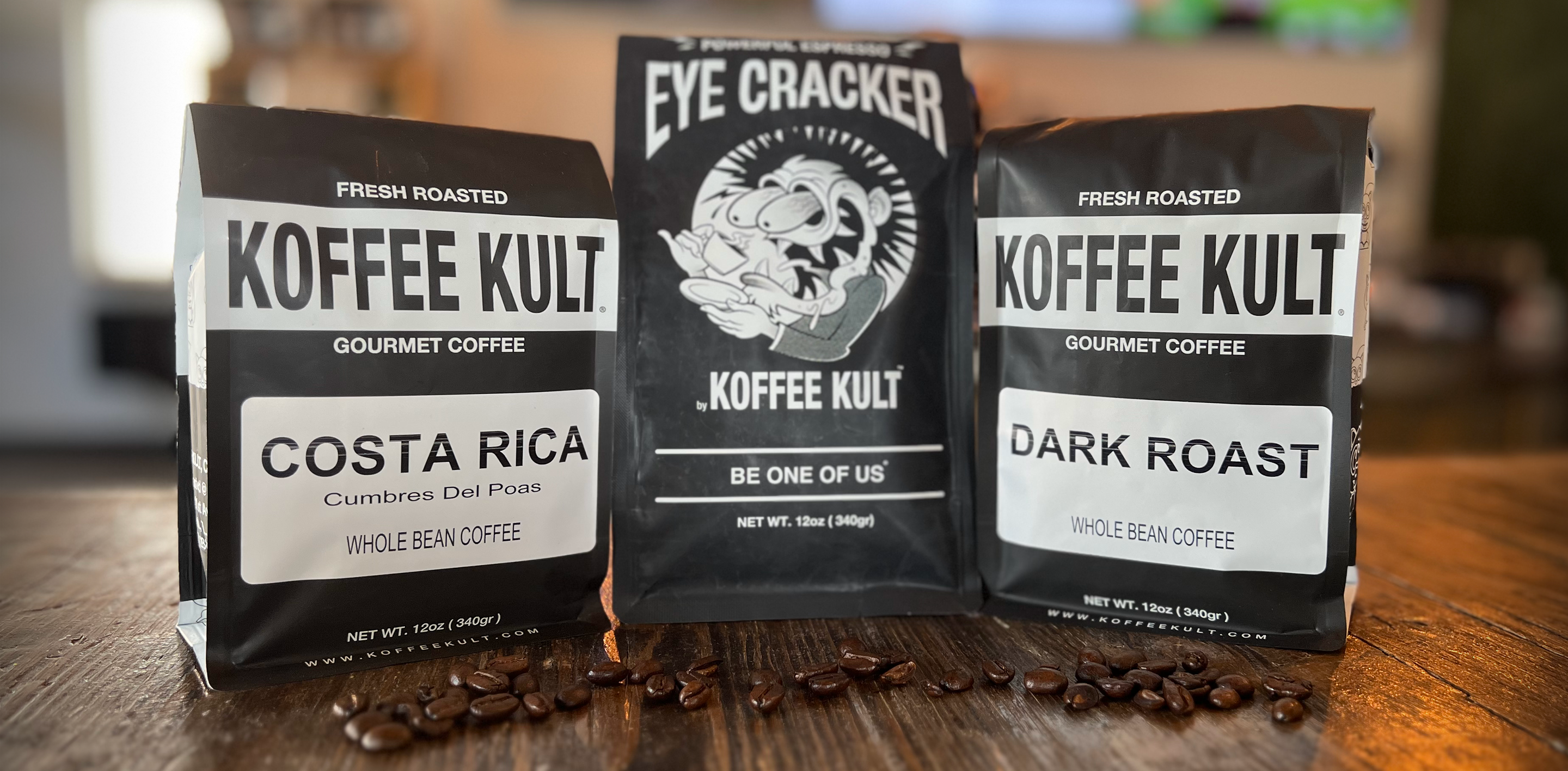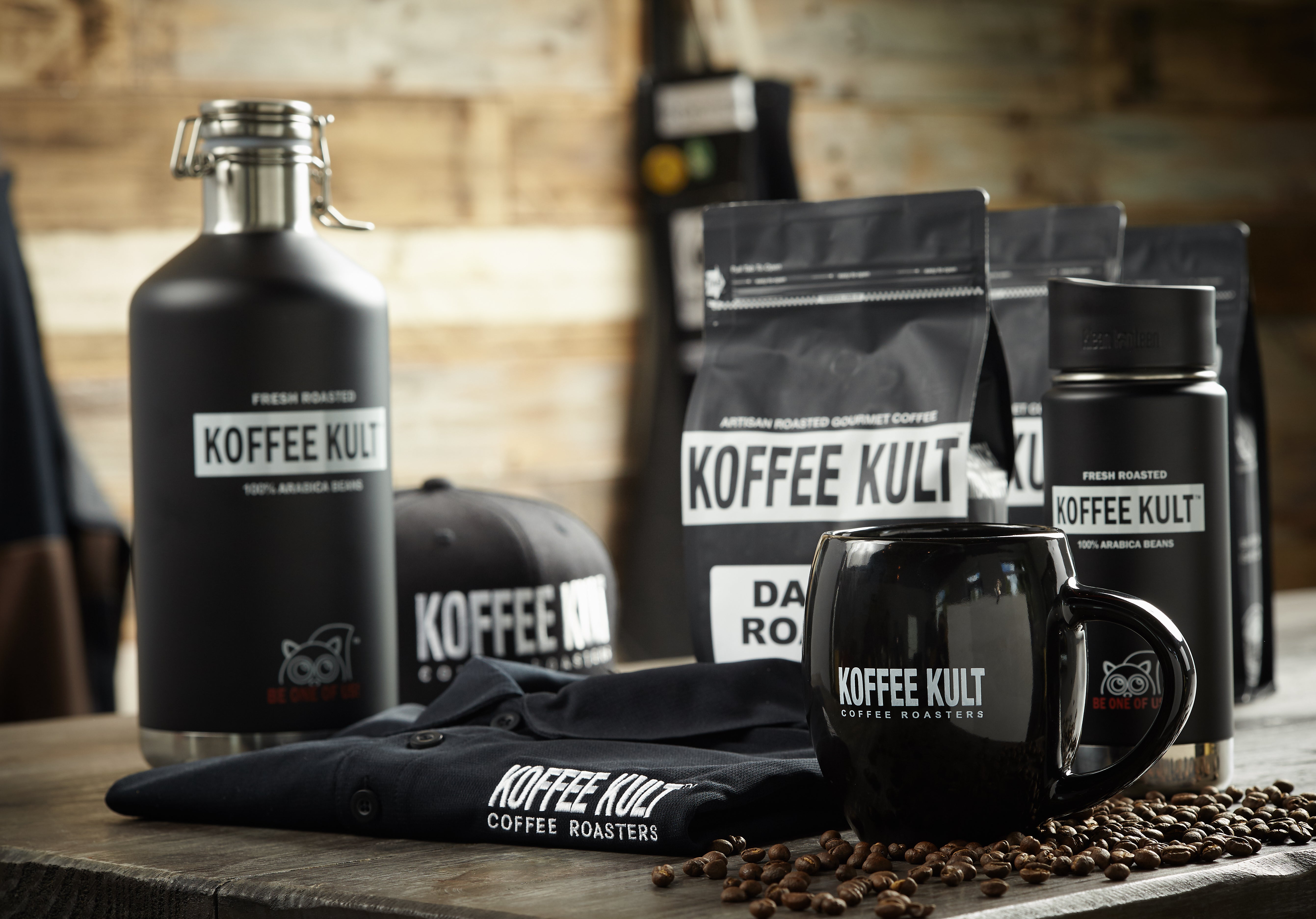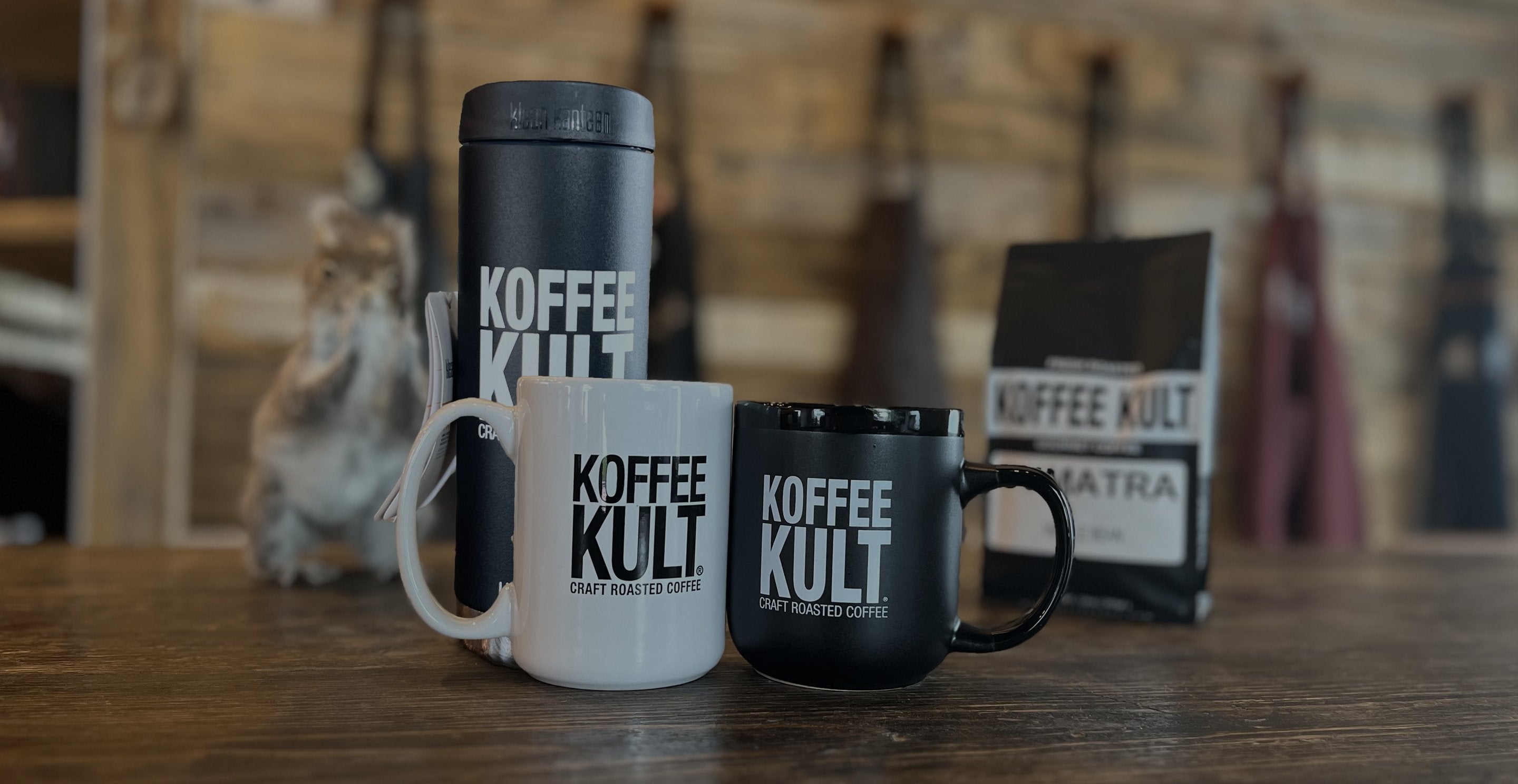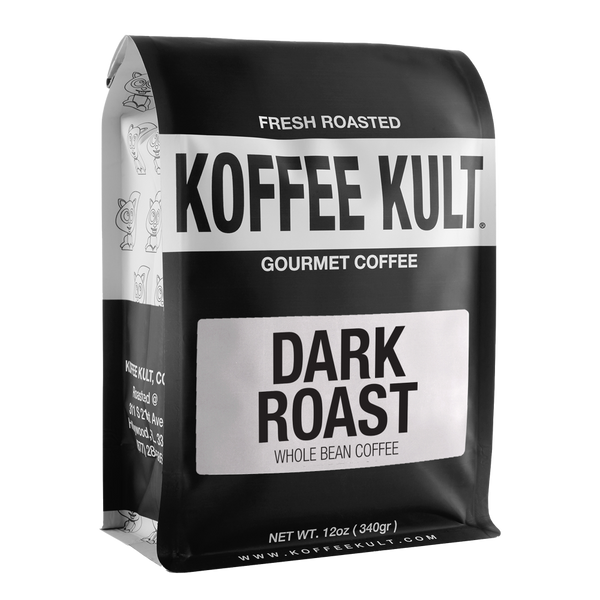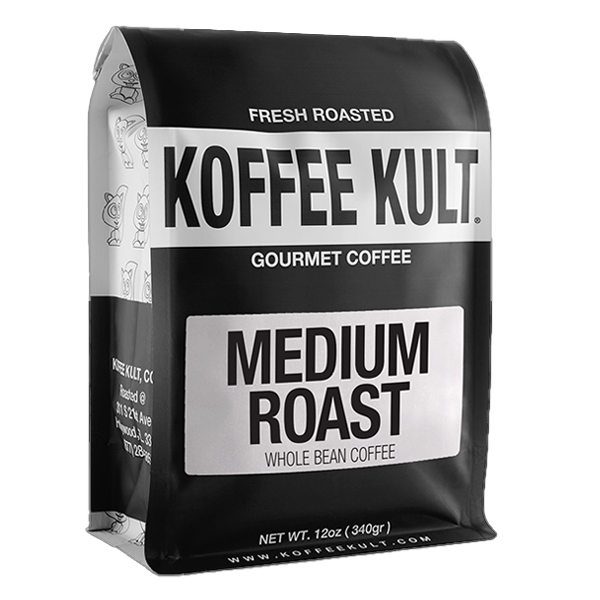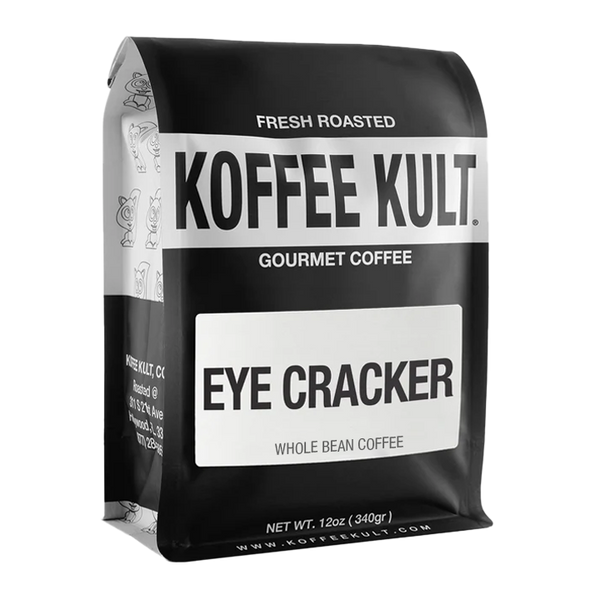Heavy Metals in Coffee: What You Need To Know
Are There Heavy Metals in Coffee?
Yes—but before you panic, here’s what you should know. Trace amounts of heavy metals like arsenic, cadmium, mercury, and lead are naturally present in the environment, which means they can end up in coffee plants. However, these levels are typically:
-
Extremely low (often less than 1 millionth of a gram per cup)
-
Well within safety limits set by the FDA and World Health Organization (WHO)
That said, some coffees may contain higher-than-acceptable levels due to poor farming practices, contaminated soil, or environmental pollution. This is why choosing a brand that prioritizes rigorous testing is crucial.
How Do Heavy Metals End Up in Coffee?
Heavy metals primarily come from soil, but the levels can vary based on farming methods and environmental factors.
Naturally Occurring in Soil
Lead, cadmium, and arsenic exist naturally in the earth’s crust, meaning plants absorb some level of heavy metals as they grow.
Environmental Pollution
Unsafe agricultural practices, pesticides, and industrial runoff can introduce unsafe amounts of heavy metals into crops.
Are Heavy Metals Dangerous?
Yes, at high levels. Heavy metals accumulate in your body over time, which can lead to:
-
Nerve damage
-
Kidney and liver issues
-
Increased risk of cancer
-
Cognitive and circulatory system problems
However, it’s important to note that some metals—like iron and zinc—are essential for your body in small amounts. The key is minimizing exposure to toxic heavy metals in everyday foods, like coffee.
The Most Toxic Heavy Metals Found in Food
The four most concerning heavy metals are:
-
Lead – Can cause neurological damage and developmental delays.
-
Arsenic – A known carcinogen that can harm the liver, nervous system, and skin.
-
Mercury – Affects brain function and the kidneys, primarily found in seafood.
-
Cadmium – Damages the kidneys and immune system, often found in batteries and polluted crops.
Which Foods Contain Heavy Metals?
Besides coffee, other foods with trace amounts of heavy metals include:
-
Rice (high in arsenic)
-
Shellfish (high in mercury)
-
Leafy greens (high in cadmium)
-
Root vegetables (high in lead)
-
Chocolate (high in cadmium)
While these foods are generally safe in moderation, choosing brands that test for heavy metals is a smart move.
Reducing Heavy Metal Exposure in Your Diet
Here’s how you can lower your exposure to heavy metals:
 Buy from trusted brands that conduct strict safety testing. (We test our coffee consistently!)
Buy from trusted brands that conduct strict safety testing. (We test our coffee consistently!) Drink filtered or spring water to reduce contaminants.
Drink filtered or spring water to reduce contaminants. Limit consumption of high-mercury fish (e.g., tuna, swordfish).
Limit consumption of high-mercury fish (e.g., tuna, swordfish). Choose organic produce to avoid pesticide-heavy crops.
Choose organic produce to avoid pesticide-heavy crops. Wash fruits and vegetables thoroughly to remove soil contaminants.
Wash fruits and vegetables thoroughly to remove soil contaminants.
What Are Safe Levels of Heavy Metals?
Heavy metals are measured in parts per million (PPM) or parts per billion (PPB):
-
PPM = 1 drop of water in 50 liters
-
PPB = 3 seconds out of a century
Regulatory bodies like the FDA, WHO, and EPA set Maximum Allowable Limits (MALs) for heavy metals to ensure public safety.
Koffee Kult’s Heavy Metal Testing Standards
We go above and beyond by testing every batch of our products to ensure safety. Our strict limits include:
-
Lead: Less than 0.5 ppm
-
Arsenic: Less than 5 ppm
-
Cadmium: Less than 0.5 ppm
-
Mercury: Less than 0.1 ppm
Even with these stringent standards, our products generally contain much lower heavy metal levels than our set limits.
Why Koffee Kult Coffee is the Cleaner Choice
 USDA Organic Arabica Beans – No chemical fertilizers or pesticides.
USDA Organic Arabica Beans – No chemical fertilizers or pesticides. Third-Party Tested – Beyond FDA standards, we test for heavy metals, mycotoxins, and contaminants.
Third-Party Tested – Beyond FDA standards, we test for heavy metals, mycotoxins, and contaminants. No Recalls—Ever – We’ve never had a product recall, and we intend to keep it that way!
No Recalls—Ever – We’ve never had a product recall, and we intend to keep it that way!
Your Daily Coffee Matters
Drinking coffee every day means daily exposure to whatever’s inside your cup. Make sure it’s clean, safe, and tested—because your health deserves it.
At Koffee Kult, quality coffee is why we get up in the morning. Yes, the flavor quality is very important to us, but equally vital is that it's rigorously tested to ensure the best and cleanest coffee possible.
